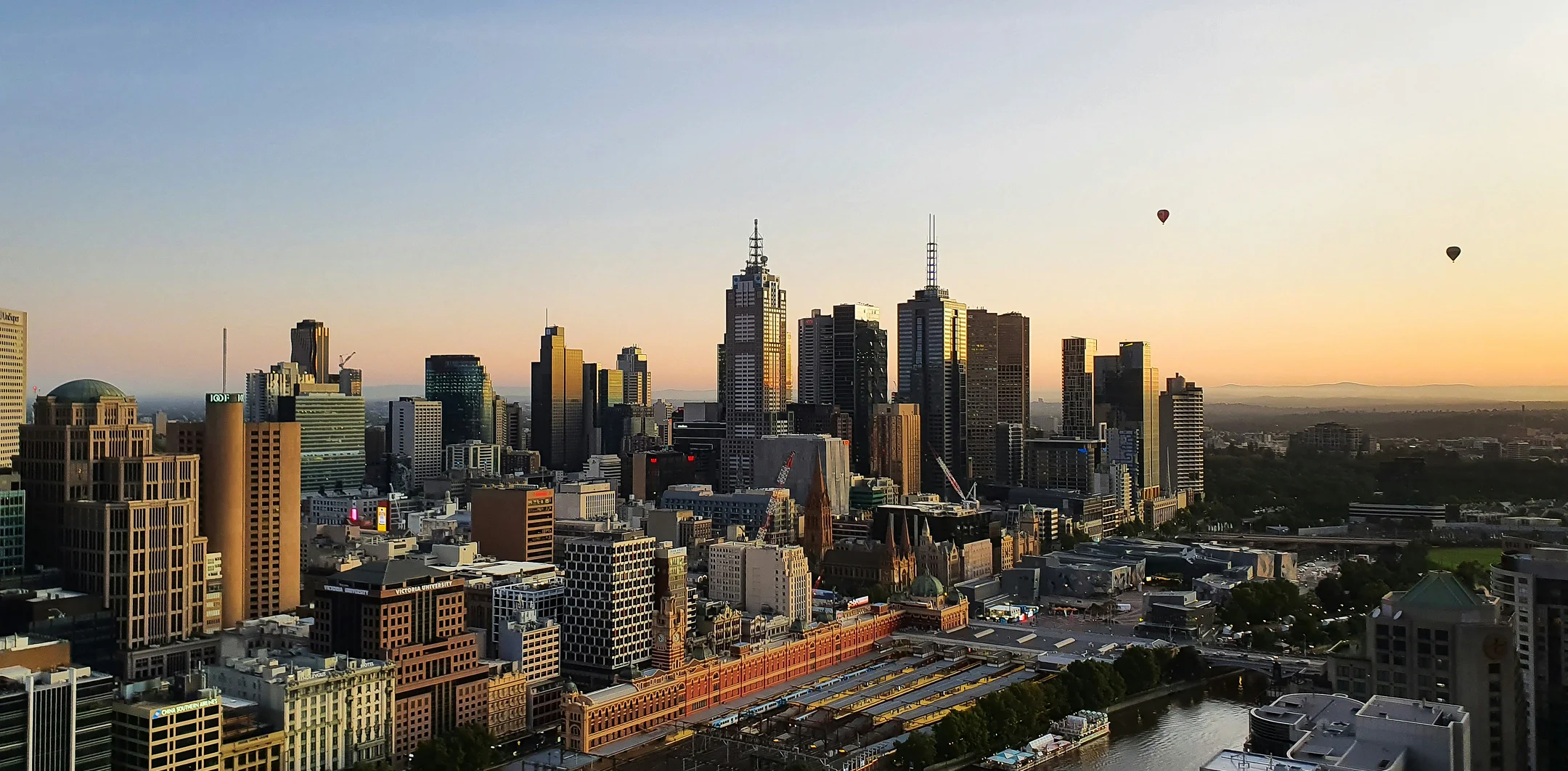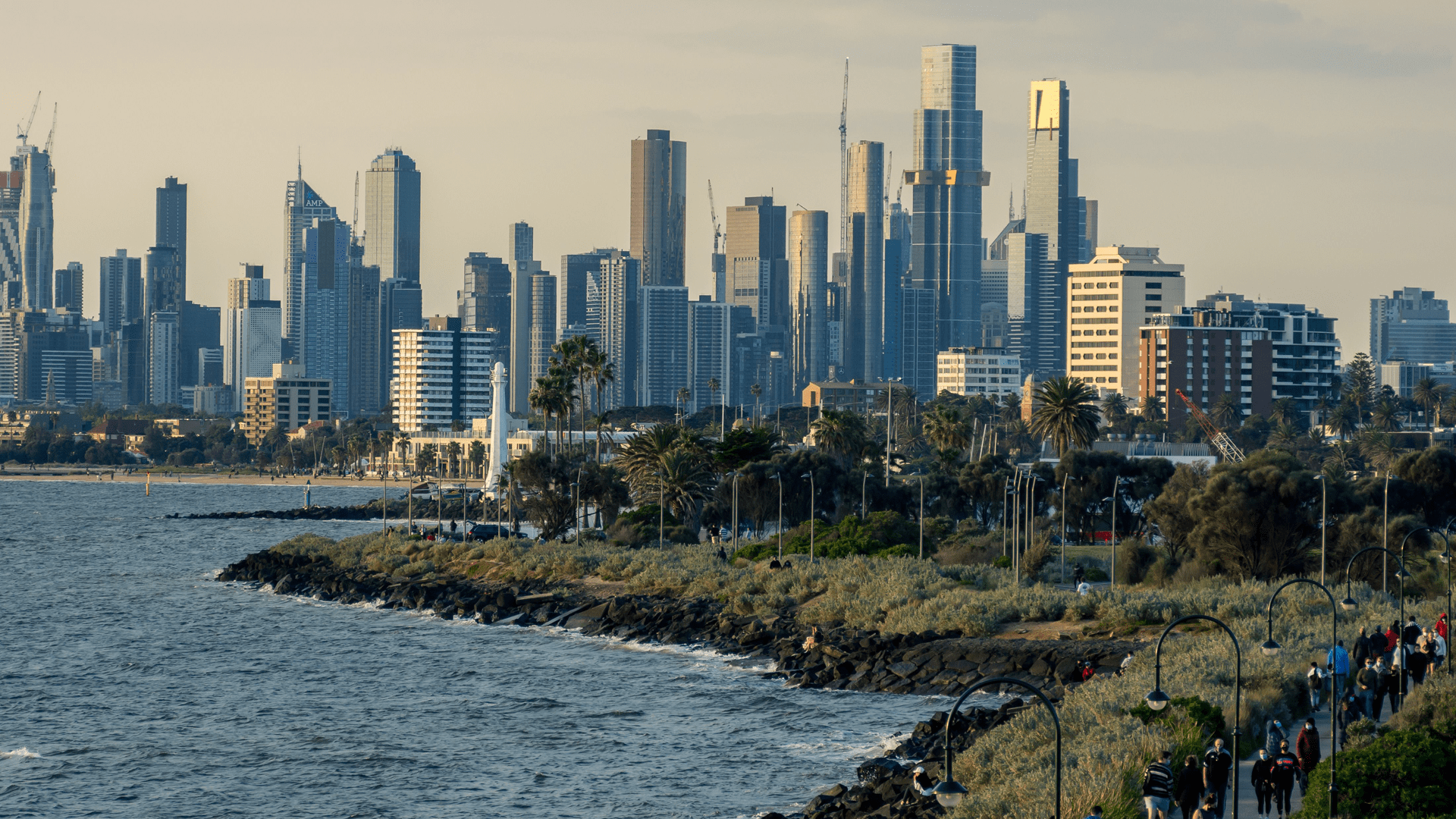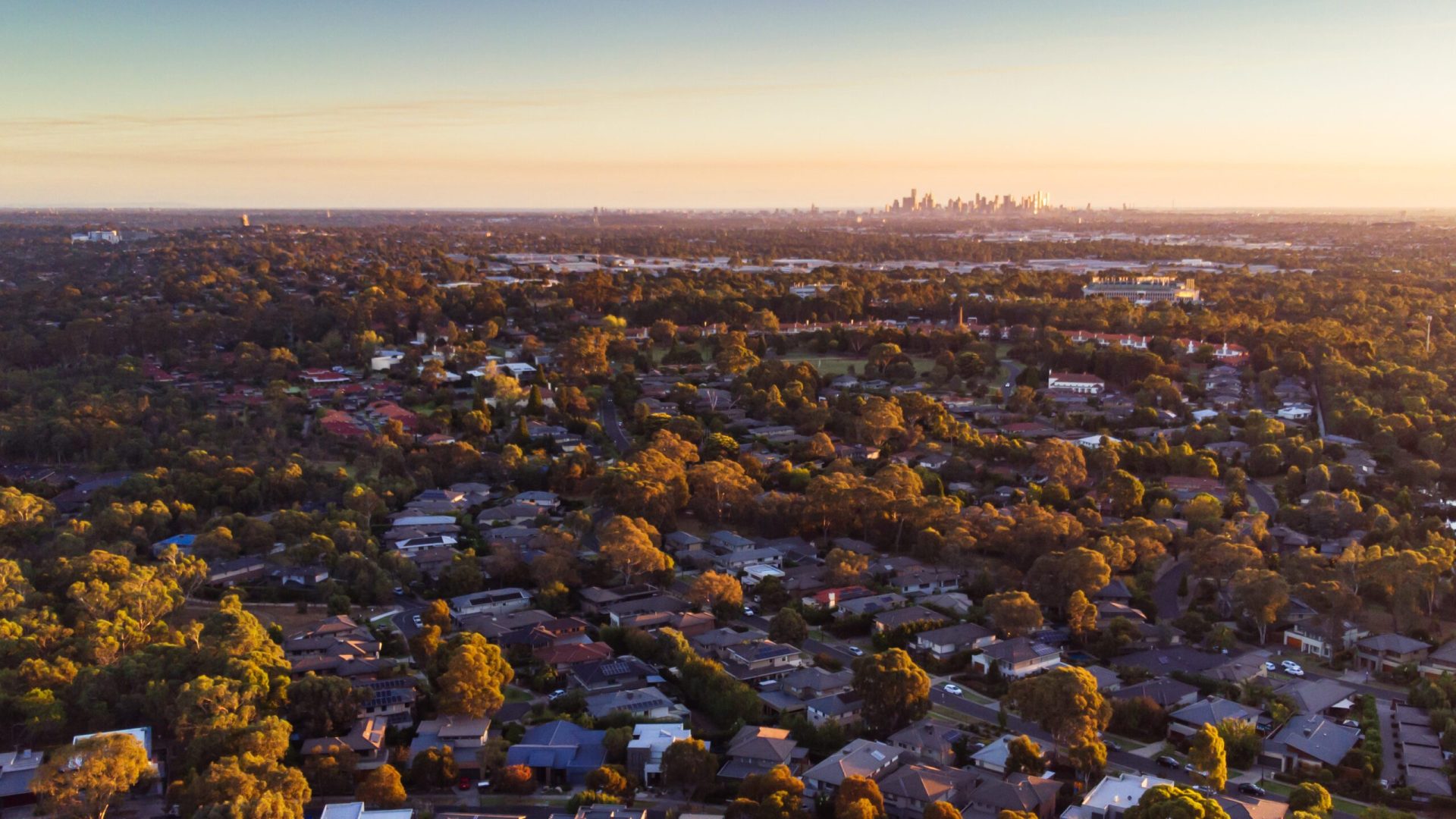Property development is not the easiest investment for someone who is just starting out. But if done wisely, it can generate healthy profits.
What Is Property Development?
Property development refers to building, growing and maintaining small to medium-sized residential and commercial projects.
Property development is an active investment strategy where an investor selects their chosen site, builds and then either sells for a quick profit, or leases the property to create cash flow.
Why Invest in Property Development?
When you invest in another company to develop a property for you, or take on the task yourself, you can access a range of financial benefits.
When approached with a defined, tactical strategy, you have the opportunity to:
- turn a quick profit from a fast sale
- cut development costs by undertaking the task yourself
- avoid paying capital gains tax if you build with the intention to sell right away.
Key Characteristics of a Successful Property Developer
Property development isn’t for everyone, otherwise we’d all be searching the market for an investment-grade site. Successful property developers have a mixture of the following:
- A willingness to do the hard yards and mitigate high risk. Property development is an active strategy which requires project management and personal liability exposures.
- An ability to jump when a suitable opportunity arises. This often means having the finances in place to take quick action, lest someone else snap up the site.
- A sound education and attention to detail. The more an investor knows (and who they know) the more likely they are to turn a quick profit.
- An understanding of GST and Capital Gains Tax obligations, which should be developed well before the planning stage of development.
Other Requirements for the Smart Property Developer
- Asset planning and strategic advice from an expert.
- A keen sense for a great deal. Profitable sites are rarely listed in the classifieds, and competition can be steep. It’s a matter of doing the groundwork in person, talking to local councils, prospecting with the source, and learning the art of negotiation.
- A reliable, experienced project manager to ensure the development runs on schedule and on budget.
- A Development Assessment and Building Assessment, lodged with the assistance of an engineer and architect.
Things for You to Consider When Choosing Your Development Site
- Check amenities and infrastructure, including public transport, shops, childcare, schools, hospitals, roads and highways. Make it easy to sell or rent your home by appealing to basic human needs, and buy in suburbs undergoing gentrification.
- Talk to town planners to understand their budget for infrastructure development, and what unbudgeted planning is happening that could affect the future of your property.
- How diverse is employment within the area? Are there industrial sites nearby, and demand for residential properties for workers?
- Do you know what makes for an investment grade site? Do you understand terms like aspect, slope, frontage and depth?
As with any wealth building strategy, a detailed of analysis of your return is required before the construction process begins. Making the time to educate yourself and understanding your goals is the key to investment success.
Alternatively, you can invest in a property development fund, which requires less investment and delivers fantastic returns. Contact us today to learn more about joining a development fund.









